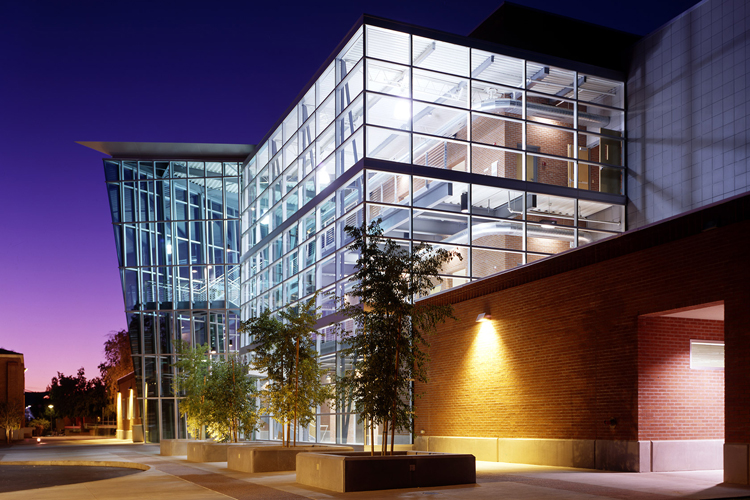Arizona community colleges can now open their doors to students seeking a bachelor’s degree thanks to a law passed earlier this year. Enrollment can begin as soon as fall 2023.
Maricopa Community Colleges announced on Wednesday the planned degree programs it will offer in 2023 once approved. These degrees focus on information technology, public safety, and education fields.
“Our leadership teams have been working diligently on the strategic process of coordinating, adopting, and developing bachelor’s degree offerings across our Colleges,” said MCCCD Interim Chancellor Steven R. Gonzales in a press release. “I am thrilled to see their commitment and dedication pay off as these programs begin to take shape.”
Until recently, community colleges have only offered certificate programs and two-year associate degrees.
READ ALSO: Here’s how ASU Downtown Phoenix has transformed the city
The efforts leading to the culmination of this bill have been ongoing for decades, according to Matt Hasson, chief communication director at Maricopa Community Colleges.
Once the law passed, the Maricopa Community College District immediately formed a team to bring bachelor’s degrees to fruition and got straight to work. Yet, it has not been an easy process as degree programs must receive approval from the district’s governing board and the Higher Learning Commission.
Community colleges must also create degree programs that do not duplicate those offered at public universities. Maricopa Community Colleges will be looking for programs that are “in high demand and not readily offered in the state,” according to Hasson.
Following the bill’s regulations, community colleges must offer degrees in key industry sectors and fields in high demand for employees, including technology, education, health care, medicine, and public safety.
This bill allows high school students and middle schoolers to have another option for higher education. Grecia Delgado, a sophomore pursuing her associate degree at Phoenix College, said that low-income students now have “a new way to think about their future.”
The bill aims to expand opportunities “for populations that are historically underrepresented in education,” said Gov. Doug Ducey in a tweet on May 4. The Center for American Progress report states that only 8% of adults living in rural communities and 18% of underrepresented adults have a bachelor’s degree.
With bachelor’s degree programs only offered at universities in Arizona, individuals have been prohibited due to the location or cost.
Isaac Touchton, a student at Chandler-Gilbert Community College, said he chose to go to community college because he didn’t get many scholarships or federal aid but still wanted to continue his education “without going into debt.” A struggle that most high school students deal with after graduation.
“It is absolutely imperative to attain higher education with the least amount of debt… low-income families should be striving to improve their financial situations. Education should not place an additional burden,” said Lisa Eames, an adjunct professor at Chandler-Gilbert Community College.
With access to bachelor’s degrees at community colleges, students have a chance to get an affordable education as four-year degree programs cannot exceed 150% of what is charged for courses offered in the first two years.
Pima Community College charges an average rate of $1,305 for 15 credit hours. Accounting for the increased fee, the bachelor’s degree programs would be just under $4,000 a year. Maricopa Community Colleges offer a flat rate of $1,020 per semester, putting the cap at slightly more than $3,000 annually, according to an article from Arizona Capitol Times.
Universities’ base rate of admission is usually beyond $10,000 a year for full-time students.
Delgado said that since in-demand degrees are offered, it will incentivize students to enroll in those programs and most likely obtain a job after graduation. Students’ skills and education gained through a community college bachelor’s degree program will lead to better employment opportunities and financial stability, according to Eames.
“This just opens access to higher education for more people…to improve their lives or earning potential,” said Hasson. “This is a historic bill and historic legislation for the state of Arizona.”




